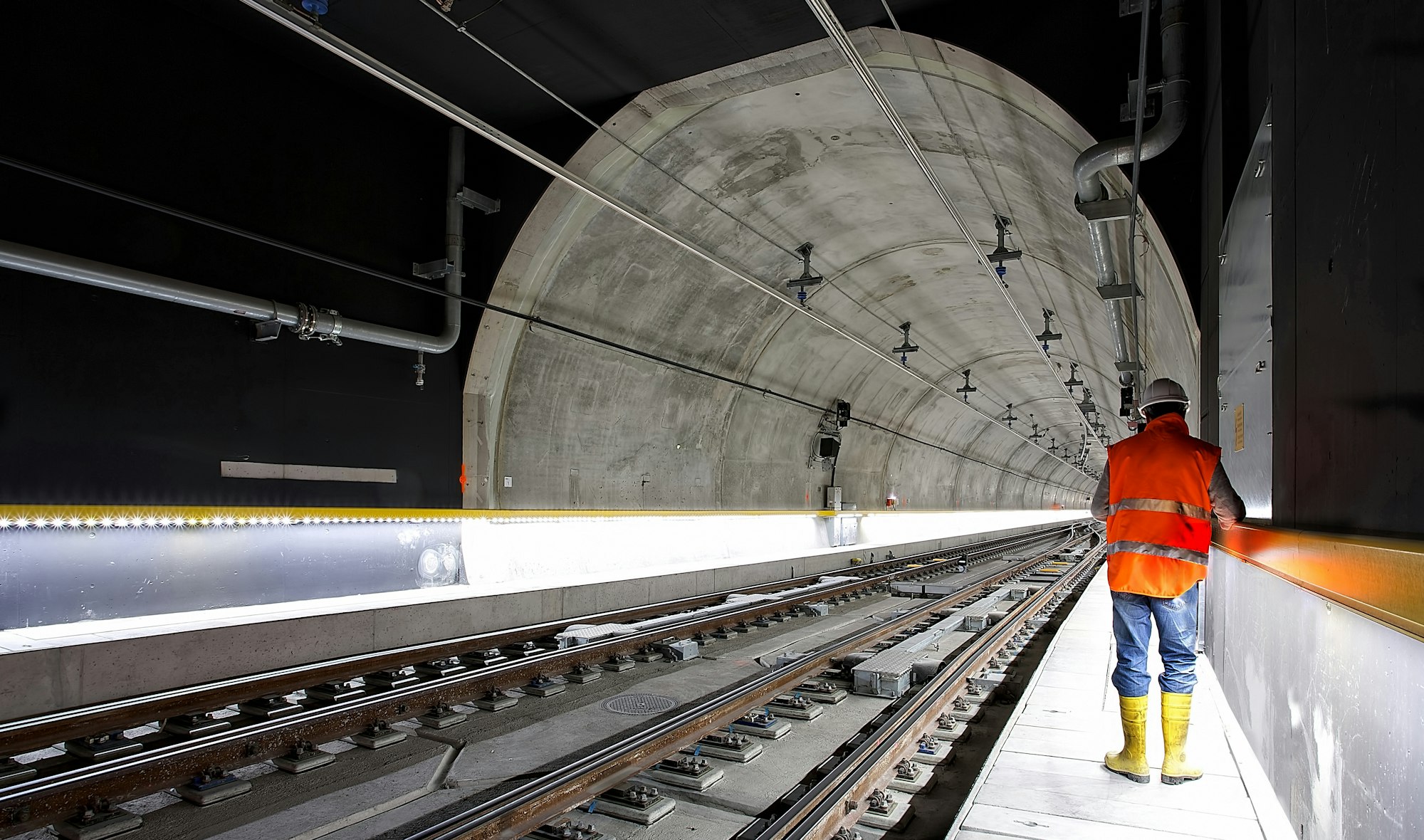Recent developments in Construction Law

Construction law is an ever-evolving field that impacts the development and maintenance of buildings, infrastructure, power plants, skyscrapers and other structures. As construction projects become more complex, the legal issues involved also become more intricate. Here are some of the latest developments in construction law:
- Increased use of technology: The use of technology in construction has been growing rapidly in recent years, with the adoption of building information modeling (BIM) being particularly widespread. BIM is a digital representation of the physical and functional characteristics of a building, which allows for improved communication, coordination, and management of construction projects. Other technologies being used in the construction industry include drones, which can be used for site surveying and inspection, and virtual reality, which can be used for design review and stakeholder engagement. While the use of these technologies has the potential to improve efficiency and reduce costs, it also brings about new legal issues. For example, data privacy and cybersecurity have become major concerns, as construction projects often involve the collection and sharing of sensitive information. Additionally, there are intellectual property issues related to the use and ownership of digital models and other intellectual property created during the construction process.
- Changes to payment and financing methods: Traditional payment methods for construction projects, such as progress payments and retainage, have been challenged by alternative financing methods such as construction financing, design-build financing, and public-private partnerships (PPPs). These alternative methods often involve a single entity providing both design and construction services, and can offer advantages such as reduced project timelines and cost savings. However, these financing methods also bring about new legal considerations. For example, construction financing involves the lender taking on significant risk, which can impact the allocation of risk among the parties involved in the project. Similarly, PPPs involve a collaboration between the public and private sectors, which can lead to complex legal issues related to financing, procurement, and contract administration.
- Heightened focus on sustainability and the environment: There has been a growing emphasis on sustainability in the construction industry, as concerns about the environmental impact of construction projects continue to rise. This includes efforts to reduce carbon emissions, minimize waste, and preserve natural resources. In addition, there are increasing regulations related to sustainability in the construction industry, such as building codes and green building standards. These efforts have led to new legal issues related to regulatory compliance and liability. For example, contractors may be held liable for any environmental harm caused by their projects, and may need to obtain necessary permits and approvals before beginning work. Additionally, sustainability provisions may be included in construction contracts, which can impact the allocation of risk and responsibilities among the parties involved.
- Increasing globalization of the construction industry: The construction industry is becoming increasingly global, with projects taking place in a variety of different countries and involving a range of international stakeholders. This globalization has brought about new legal considerations related to cross-border transactions, cultural differences, and disputes. For example, construction projects may involve the use of international contractors, suppliers, and subcontractors, which can lead to complex legal issues related to jurisdiction, governing law, and dispute resolution. Additionally, cultural differences can impact the way projects are managed and may lead to misunderstandings or conflicts.
- Changes to labor laws and regulations: The construction industry is subject to a variety of labor laws and regulations that can impact the way projects are planned and executed. These laws and regulations can vary by location, and may cover issues such as minimum wage, overtime, health and safety, and union representation. Recent changes to labor laws and regulations have had significant effects on the construction industry. For example, increases in the minimum wage can impact the cost of labor for contractors, while changes to overtime rules can impact the amount of time and resources required to complete projects. It is important for construction professionals to stay up to date on these changes in order to ensure compliance and avoid potential legal issues.
- Emergence of new legal issues: As the construction industry continues to evolve, new legal issues are emerging. One example is the rise of gig economy platforms in the construction industry, which has brought about legal issues related to worker classification and benefits. Gig economy workers, such as those working on platforms like Uber or TaskRabbit, are typically classified as independent contractors rather than employees, which means they are not entitled to certain benefits and protections afforded to employees. This classification has been the subject of much legal debate, with some arguing that gig economy workers should be reclassified as employees in order to receive these benefits. Another emerging legal issue in the construction industry is related to prefabricated and modular building techniques. These techniques involve the manufacture of building components off-site, which can then be assembled on-site to create a finished structure. While prefabrication and modular construction can offer advantages such as reduced construction time and improved quality control, they also bring about new legal issues related to liability. For example, there may be questions about who is responsible for any defects or problems that arise with prefabricated components, and how those issues should be addressed.
- Growing importance of risk management: As construction projects become more complex, the management of risk has become increasingly important. This includes the identification and assessment of potential risks, as well as the development of strategies to mitigate or transfer those risks. Legal issues related to risk management can include liability, insurance, and contract provisions. Effective risk management is critical to the success of construction projects, as it can help to prevent or minimize disruptions and delays. This can involve identifying potential risks at the outset of a project and developing strategies to address those risks, such as through the use of insurance or the inclusion of specific provisions in contracts. It can also involve ongoing monitoring of risks throughout the project and the implementation of measures to mitigate or transfer those risks as needed.
- Increasing use of alternative dispute resolution: The construction industry is known for its high rate of disputes, and traditional methods of resolving these disputes, such as litigation, can be time-consuming and costly. As a result, alternative dispute resolution (ADR) methods, such as mediation and arbitration, have become increasingly popular in the industry. ADR can offer advantages such as speed, confidentiality, and cost-effectiveness, and can be used to resolve a wide range of legal issues related to construction projects. Mediation is a form of ADR in which a neutral third party helps the parties to a dispute reach a mutually acceptable resolution. It is often less formal and less expensive than litigation, and allows the parties to retain control over the outcome of the dispute. Arbitration is another form of ADR in which a neutral third party renders a binding decision on a dispute. It can be faster and less costly than litigation, and is often used when the parties to a dispute have agreed to use arbitration as a means of resolving any disputes that may arise.
In conclusion, the construction industry is facing a range of legal challenges, from the increasing use of technology and alternative financing methods, to the growing focus on sustainability and the emergence of new legal issues. It is important for construction professionals to stay up to date on these developments in order to effectively navigate the legal landscape and ensure the success of their projects.
